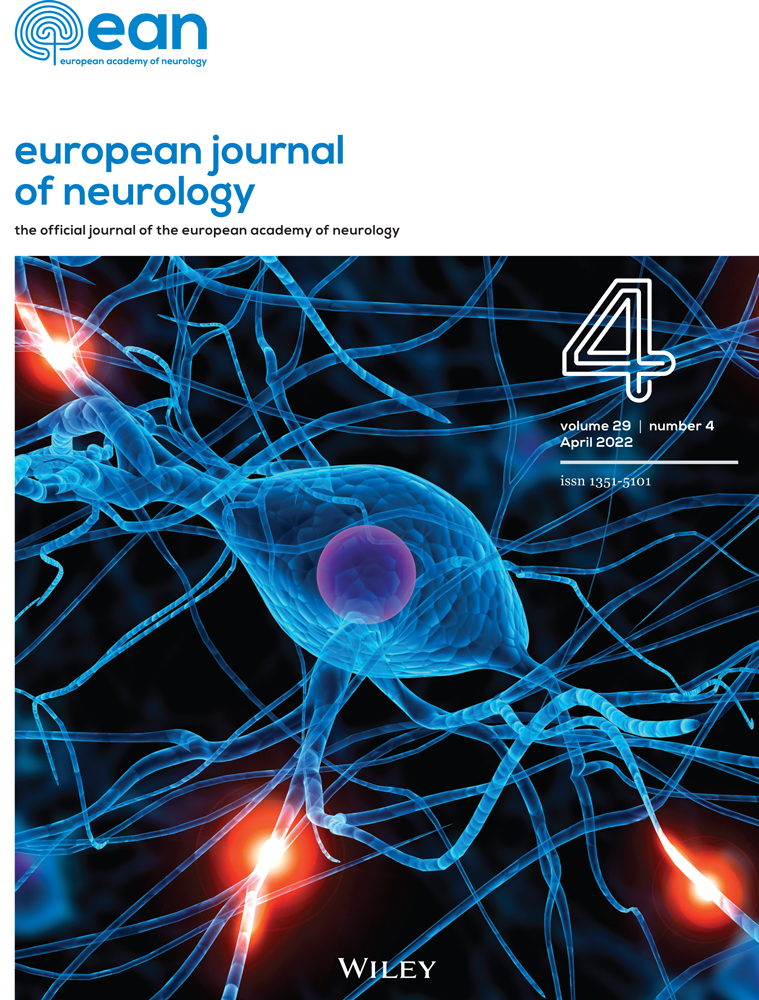Longitudinal amyloid cognitive composite in preclinical Alzheimer’s disease
Young Ju Kim and Alice Hahn contributed equally to this work.
Funding information
This study was supported by a grant of the Korea Health Technology R&D Project through the Korea Health Industry Development Institute (KHIDI), funded by the Ministry of Health & Welfare and Ministry of Science and Information and Communication Technologies (ICT), Republic of Korea (grant number: HU20C0111); a grant of the Korean Health Technology R&D Project, Ministry of Health & Welfare, Republic of Korea (HI19C1132); a fund (2021-ER1006-00) by Research of Korea Disease Control and Prevention Agency; Institute of Information & communications Technology Planning & Evaluation (IITP) grant funded by the Korea government (MSIT) (No.2021-0-02068, Artificial Intelligence Innovation Hub); Future Medicine 20*30 Project of the Samsung Medical Center [#SMX1220021].
[Correction added on 05 March 2022, after first online publication: ‘Future Medicine 20*30 Project of the Samsung Medical Center’ was added to the funding information.]
Abstract
Background and purpose
Previous studies have developed several cognitive composites in preclinical Alzheimer disease (AD). However, more sensitive measures to track cognitive changes and therapeutic efficacy in preclinical AD are needed considering the diverse sociocultural and linguistic backgrounds. This study developed a composite score that can sensitively detect the amyloid-β (Aβ)-related cognitive trajectory of preclinical AD using Korean data.
Methods
A total of 196 cognitively normal participants who underwent amyloid positron emission tomography were followed-up with neuropsychological assessments. We developed the Longitudinal Amyloid Cognitive Composite in Preclinical AD (LACPA) using the linear mixed-effects model (LMM) and z scores. The LMM was also used to investigate the longitudinal sensitivity of the LACPA and the association between time-varying brain atrophy and the LACPA.
Results
Considering the group-time interaction effects of each subtest, the Seoul Verbal Learning Test-Elderly version immediate recall/delayed recall/recognition, the Korean Trail Making Test B Time, and the Korean Mini-Mental State Examination were selected as components of the LACPA. The LACPA exhibited a significant group-time interaction effect between the Aβ+ and Aβ− groups (t = −3.288, p = 0.001). Associations between time-varying LACPA and brain atrophy were found in the bilateral medial temporal, right lateral parietal, and right lateral frontal regions, and hippocampal volume.
Conclusions
The LACPA may contribute to reduction in time and financial burden when monitoring Aβ-related cognitive decline and therapeutic efficacy of the disease-modifying agents specifically targeting Aβ in secondary prevention trials.
CONFLICT OF INTEREST
The authors declare no financial or other conflicts of interest.
Open Research
DATA AVAILABILITY STATEMENT
The datasets used and/or analyzed during the current study are available from the corresponding author on reasonable request.




